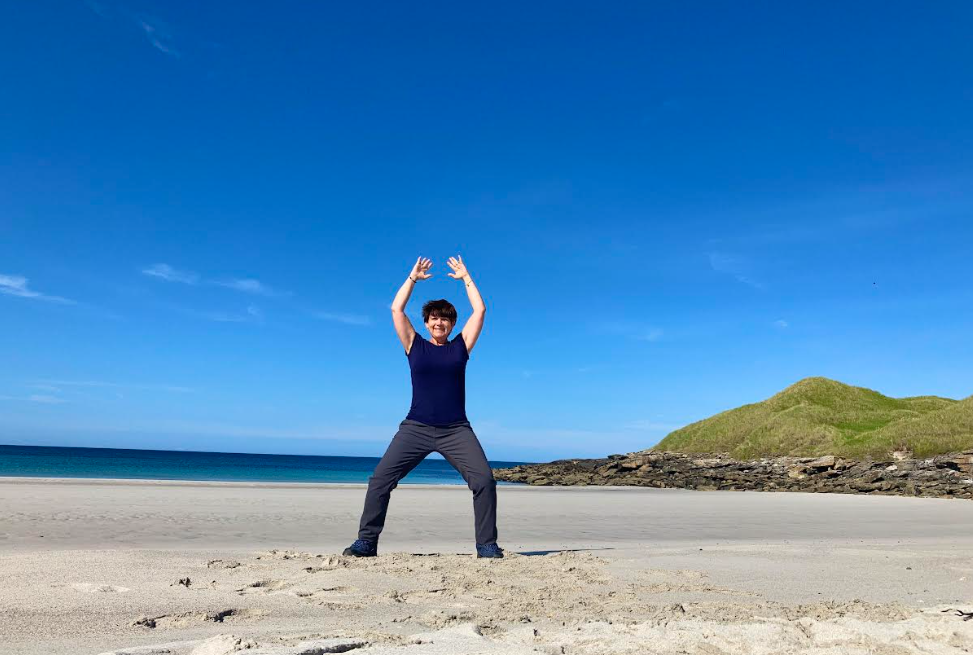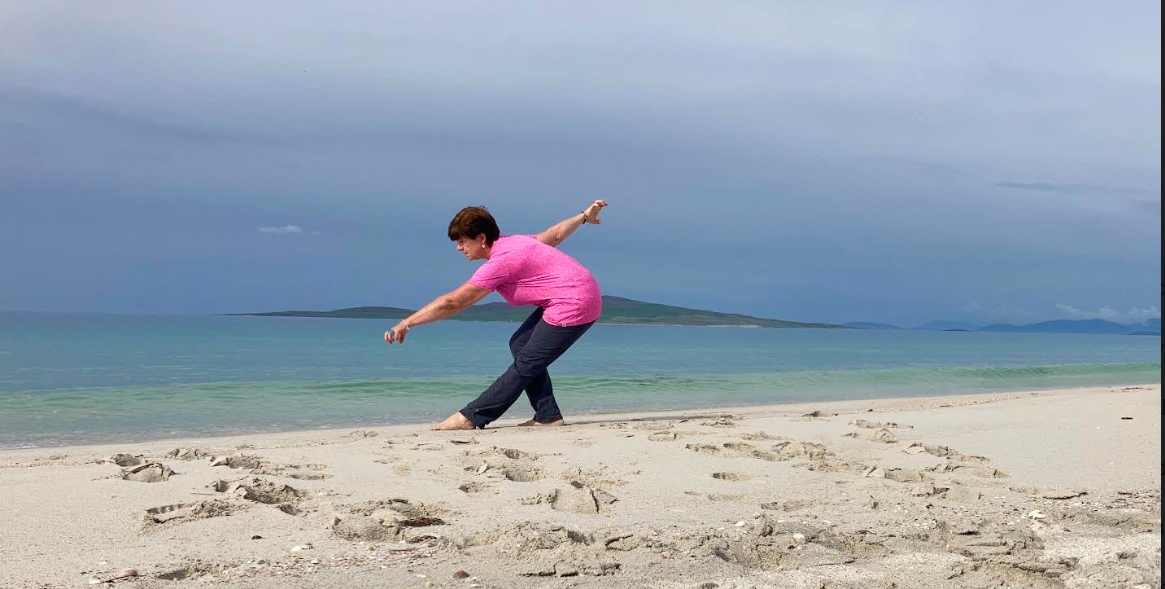QIGONG
Qigong (pronounced chee-gung) is an ancient Chinese practice incorporating mindful movement, meditation, visualisation and breathing practices designed to increase vitality, strengthen the body and bring about a more tranquil state of mind.
Dating back thousands of years, qigong is one of the five pillars of Chinese medicine (along with acupuncture, massage, herbs and feng shui) and it is also the foundation of most Chinese martial arts.
In Chinese medicine, it is believed that there is a flow of vital energy (or qi) circulating throughout the body, bringing nourishment to the organs, joints, tendons, muscles, tissues, hair, skin etc. When the qi is circulating well, we feel stronger and more vibrant, we enjoy greater clarity of mind and we feel calmer and are less reactive to the inevitable stresses and uncertainties of life. When the qi becomes stagnant, blocked, deficient or excessive, our health may suffer on every level: the physical, mental and emotional.
The word qi can be understood as ‘life energy’ in the sense of the energy that animates us and all things. The word gong means ‘to (skilfully) cultivate’. So qigong can be thought of as a practice intended to help us improve our health and wellbeing by cultivating our overall sense of vitality, bringing us back to a feeling of being more in balance physically, mentally and emotionally.
As we move through qigong forms or practise stillness, we use breathing, visualisation and intention to help create a greater sense of harmony in the body, mind and spirit by encouraging the qi (or ‘life force’/’life energy’) to flow more freely through the body.
The movements are often slow and repetitive, like a moving meditation, helping to calm the nervous system. But many qigong forms also encourage a sense of playfulness and spontaneity. They help to mobilise the joints, improve circulation and, over time, strengthen the body.
Qigong is an accessible practice that everyone can enjoy, regardless of their current state of health.
Qigong draws on the spiritual teachings of Daoism and Buddhism as they are understood through Chinese culture, the intention of the qigong practice being to increase our self-awareness and to harmonise with the natural world. Over time, the practice fosters a deeper connection to nature, reminding us that we are a part of the natural world around us and not something separate from it.
But, like yoga, although qigong does have this spiritual aspect to it, it is not a religious practice, so it is open to anyone, regardless of any religious belief/faith (or lack of belief).
Studies have suggested that qigong may help to:
improve cardiovascular health;
improve respiration;
regulate blood pressure;
improve strength and flexibility;
improve posture, balance and coordination;
support the immune function;
improve mood;
increase mental clarity and focus;
improve memory; and
reduce stress and tension.
Over the last few years, I have leaned into my own qigong practice more and more. In addition to helping me manage my energy levels more effectively, I have found it hugely beneficial for keeping me on a more even keel emotionally, especially throughout the challenges of the pandemic.
For some time now, I have been studying, practising and more recently receiving mentoring from Mimi Kuo Deemer (www.mkdeemer.com), a well loved qigong, yoga and mindfulness teacher and author of two books, which I highly recommend: Qigong and the Tai Chi Axis: Nourishing Practices for the Body, Mind and Spirit and Xiu Yang: Self-cultivation for a Happier, Healthier and Balanced Life.
I offer weekly sessions at Stonnall Village Hall. These sessions are ideal for beginners but also suitable for those who have practised qigong before. Alternatively, these practices can also be done sitting down in a chair if you prefer.
If you would like to join our small and friendly group, click on the ‘Contact Maria’ button below to send me an email.
I also offer regular workshops and events featuring qigong. You’ll find more details of those on the Workshops & Events page.



